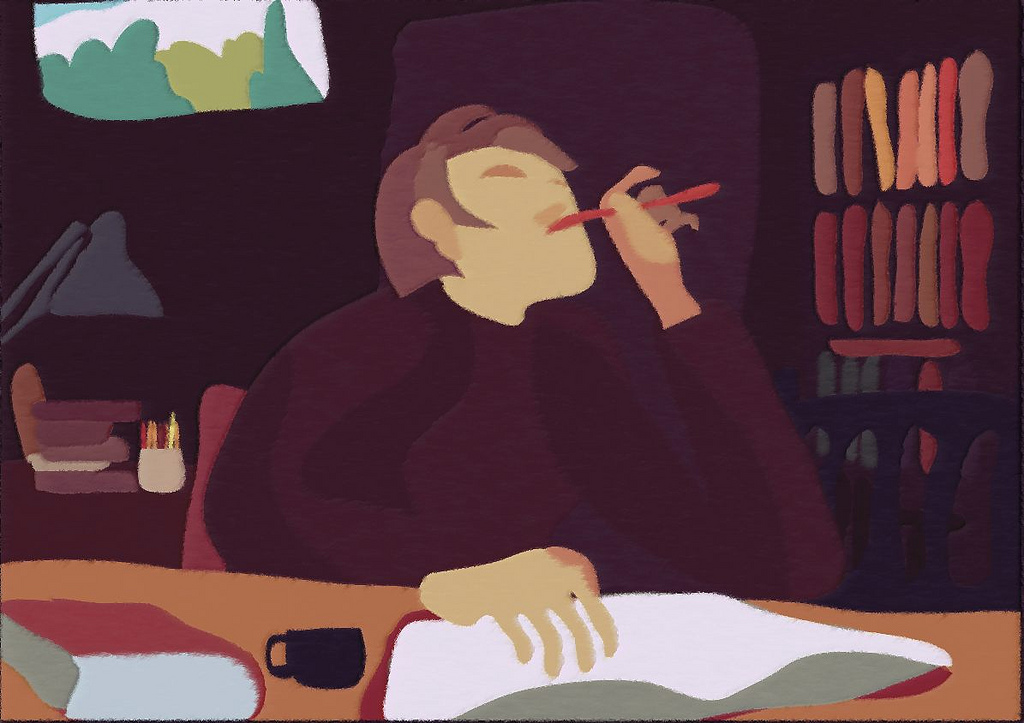The cultural appropriation debate broke new ground this week, for me anyway. I confess I was among those who always saw it as essentially a matter of free speech: the right to write what one chose. Tell many writers what they can’t write and they’ll become obsessed with doing it.
Native writer and commentator Jesse Wente broke through this in his conversation with Jonathan Kay on CBC last weekend. He said it isn’t about denying anyone’s right to write on particular topics or to imagine others’ lives.
Most Indigenous writers concurred, even if derisively, like Robert Jago’s, “Do I care if you have a Native character in your stupid book about wandering pants …? No.” But if you do, Wente warned, be ready to be challenged and critiqued.
So it’s no longer: Am I permitted to do this? But: Do I really want to? Once the free speech banner is removed from the battlefield, people like me look around and wonder: if this isn’t about me and my glorious right to expression, then what’s it about? You might even start feeling bereft.
Cultural appropriation has had some good moments, like “Strange Fruit,” written in the 1930s by Jewish-American leftist Abel Meeropol, about lynchings in the American south. It was reappropriated by Billie Holliday, Nina Simone and others. It’s also had awful ones, like Al Jolson singing “Mammy” or “Swanee” in blackface.
And some highly peculiar ones, as when white record producer Sam Phillips in the 1950s said, “If I could find a white boy with the Negro sound and the Negro feel, I could make a million dollars,” just before Elvis wandered in.
But if it has particular moments, then it’s not about a timeless principle — everything depends on which moment we’re currently in. Wente clarified this too, saying the appropriation of Indigenous culture in Canada today occurs alongside the appropriation (i.e., theft) of lands, children etc., which are finally being acknowledged, versus denied, ignored or glorified.
When Shakespeare, by contrast, appropriated ancient versions of Roman history, there were no Latin writers around to be legitimately aggrieved or to contextualize it socially.
There’s also a particular technological moment we’re in, that replaces an earlier one. During the long winter of mass media, Indigenous writers were often confined to reacting among their peers to the appropriation of the appropriation debate by mainstream whites. (All the white journalists who offered to put up money for an appropriation prize, and have mostly apologized, have made a good living there all their lives.)
But social media, as Wente also noted, changes this. Native writers can make their voices and reactions widely heard. This means less frustration even as more anger gets more widely vented; and it has opened up the possibility of publicly naming and explaining their outrage rather than rhetorically proclaiming bans and anathemas.
Jonathan Kay, formerly of the National Post and now also ex of The Walrus, played a uniquely instructive role this week, as always. He hovered above, even while loitering within, calling the initial Writers’ Union piece on the topic by Hal Niedzviecki “too flippant;” but the reaction to it “over the top” and “excessively strident.”
He’s the Miss Manners of any debate, letting others know when they’ve gone too far and when they’re straddling that line just fine. As such, he’s the embodiment of the appropriative mode, the ultimate (he assumes) arbiter. You could stick him in Mme. Tussaud’s symbolizing it.
He did it during the Boyden debate, saying critiques based on race are “never an entirely benign exercise.” (What is?) When a journalist at the Toronto Star committed suicide, he demanded, “Show us the suicide note!” like the mob at Caesar’s funeral crying, “The will, the will. We will hear Caesar’s will!”
At the end of the CBC interview he intoned grandly, “And by the way, I’d like to commend Jesse, who has conducted himself extremely graciously on social media” as well as for his “civility.”
Whence this detachment and largesse? Can you picture a racialized writer in this society striking the same proconsular note, about a heated controversy in which he or she is also a divisive player?
Still, a man’s reach should exceed his grasp or what’s a heaven for? Alternately, we could shut up once in a while and listen. We might even learn something, even if our own precious thoughts get to take a rest.
This column was first published in the Toronto Star.
Image: Joan M. Mas/flickr
Like this article? rabble is reader-supported journalism.




